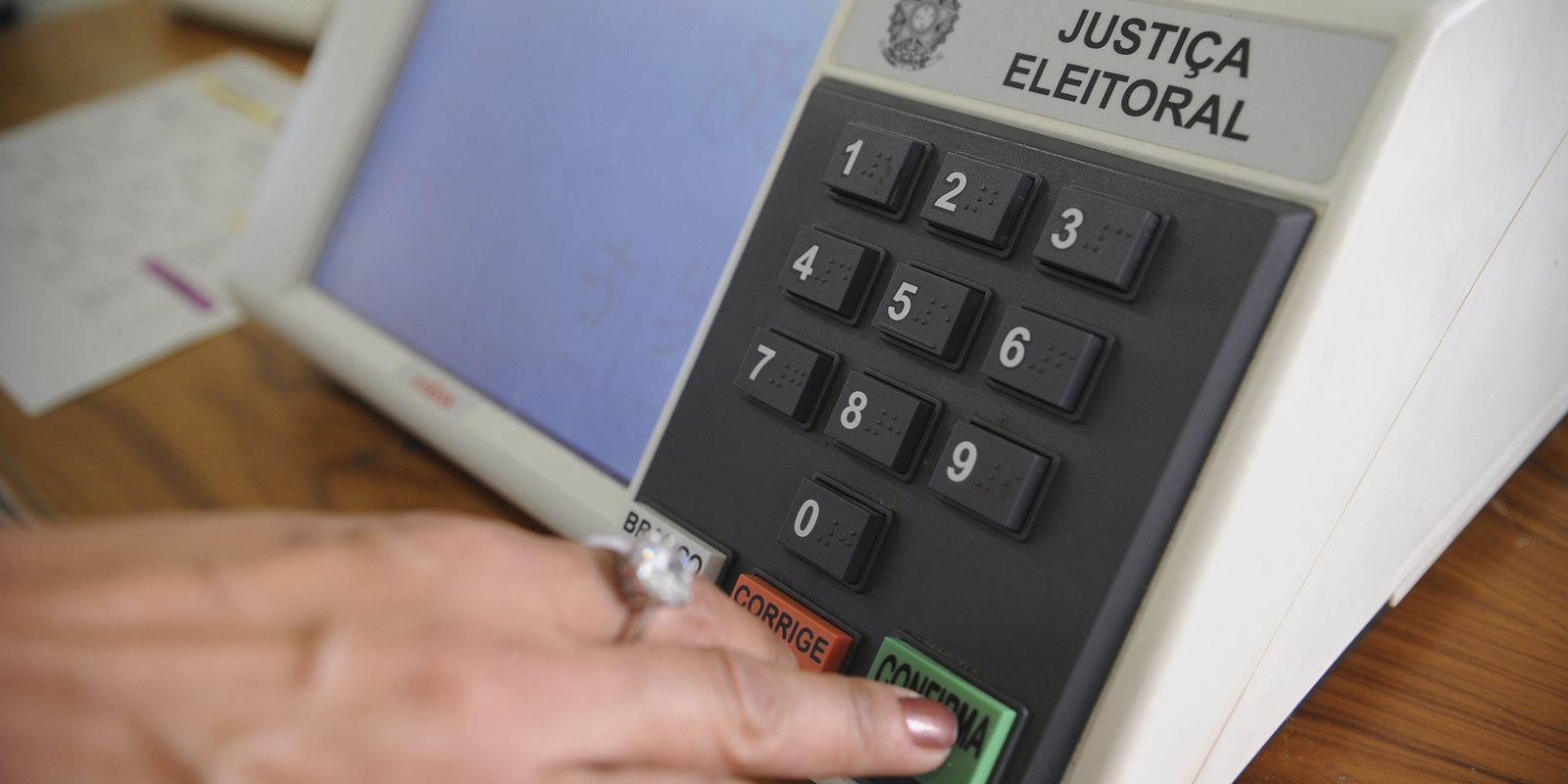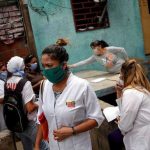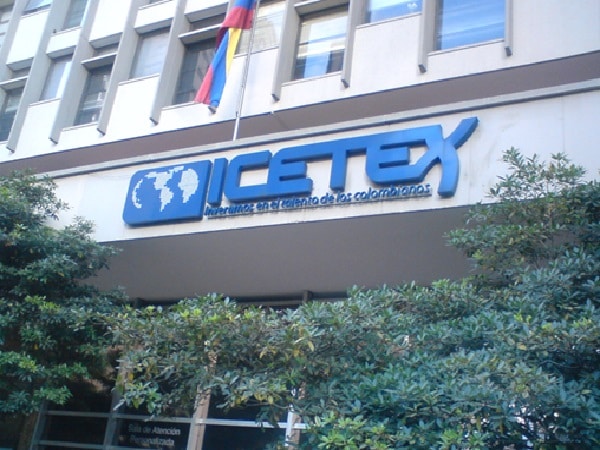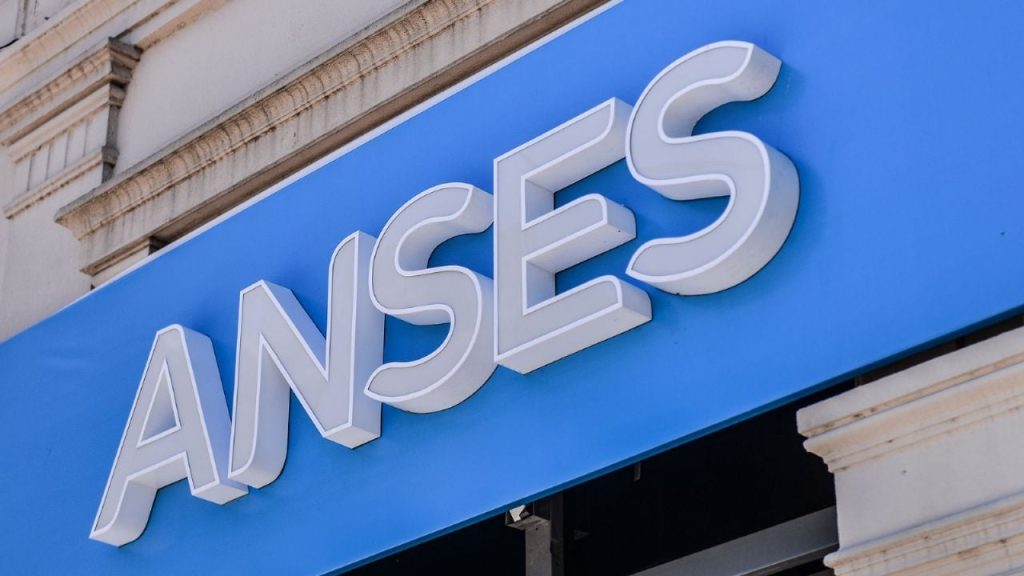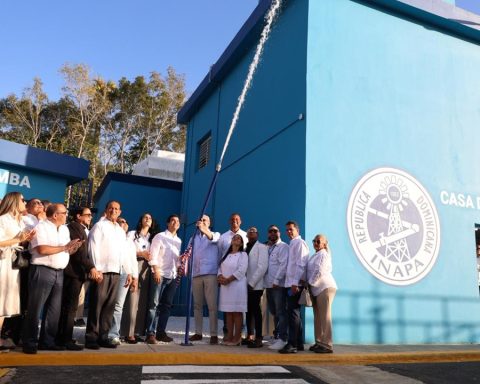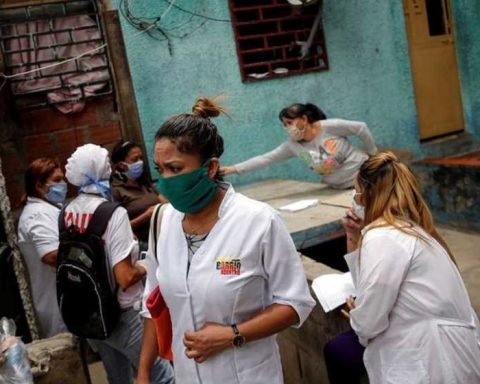The Electoral Court has recorded a drop in the number of candidates for the positions of councilors, mayors and deputy mayors who intend to run in the municipal elections in October. This is the first drop since the 2008 municipal elections.
According to data from the Superior Electoral Court (TSE), 455,000 candidacy requests were received by the DivulgaCand platform, which centralizes registrations across the country. The deadline ended this Thursday (15).
The regional electoral courts (TREs) received 15,434 registrations of candidates for mayor, 15,531 for vice-mayor and 424,750 for the position of councilor. The number may still be updated.
In 2020, the municipal elections had 557,678 registrations. The 2016 (496.9 thousand) and 2012 (482.8 thousand) elections also had more candidates. In 2008, 381.3 thousand politicians registered their candidacies.
Profile
According to the survey, 52% of candidates declared themselves black. This percentage is made up of mixed race candidates (41%) and black candidates (11%). Another 45% declared themselves white. Quilombolas represent 1% of candidates and indigenous people 0.5% of the total.
Male candidates represent 66% of all applications and women make up the remaining 34%. Of the total candidates, 51% reported being married and 37% are single.
The majority of candidates stated that they were businesspeople (7.6%). 6.9% were civil servants and 6.7% were farmers. Other professions accounted for 21.7%.
According to the level of education criterion, the majority of candidates have completed secondary education. This group represents 38%, followed by candidates with completed higher education (28%), completed primary education (10.9%) and incomplete primary education (10%).
Gender identity and sexual orientation are also part of the survey: 80% declared themselves cisgender (a person who identifies with their biological sex, that is, male or female).
The survey shows that only 31% of candidates reported their sexual orientation. 98% of those who responded to the survey said they were heterosexual. Next came candidates who declared themselves gay (0.7%), lesbian (0.4%) and bisexual (0.3%).
Analysis
The registration will be analyzed by the judge of the electoral district of the city in which the candidate intends to run. Among the causes of ineligibility is the judgment of irregular accounts by the Federal Court of Auditors (TCU). list with the names of 9.7 thousand people in this situation it was delivered yesterday (15) to the TSE.
If the judge finds that any document is missing, he or she may ask the candidate to resolve the issue within three days. It will be up to the judge to decide whether to grant or deny the application. If registration is denied, the candidate may appeal to the TRE in his or her state and to the TSE.
During the analysis period, candidates may be challenged by opponents, political parties and the Electoral Public Prosecutor’s Office (MPE). They may report any irregularities in compliance with the legal requirements for registration.
The first round of elections will be held on October 6. The second round of the dispute may be held on October 27 in municipalities with more than 200,000 voters, in which none of the candidates for mayor received more than half of the valid votes, excluding blank and void votes, in the first round.
